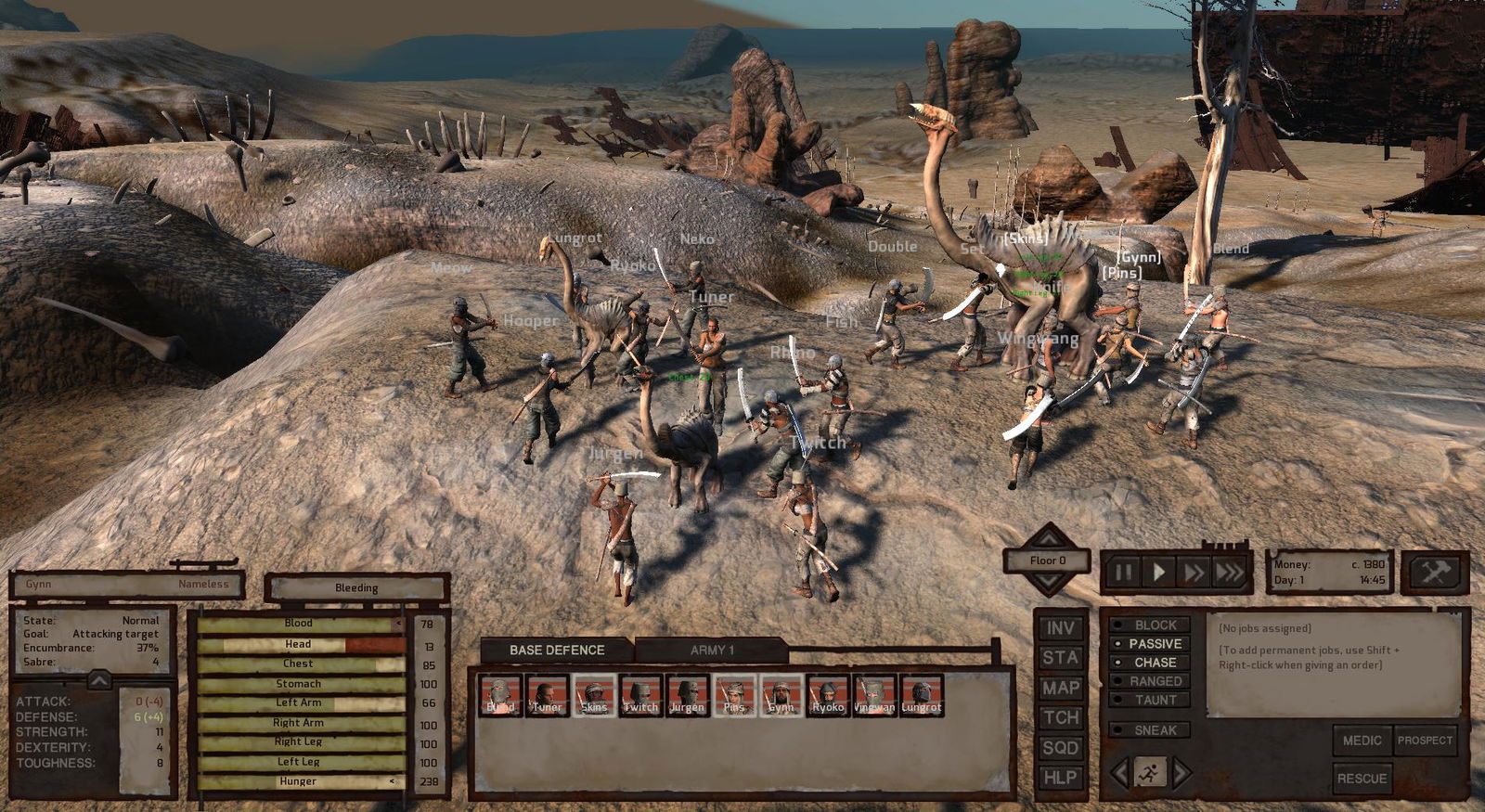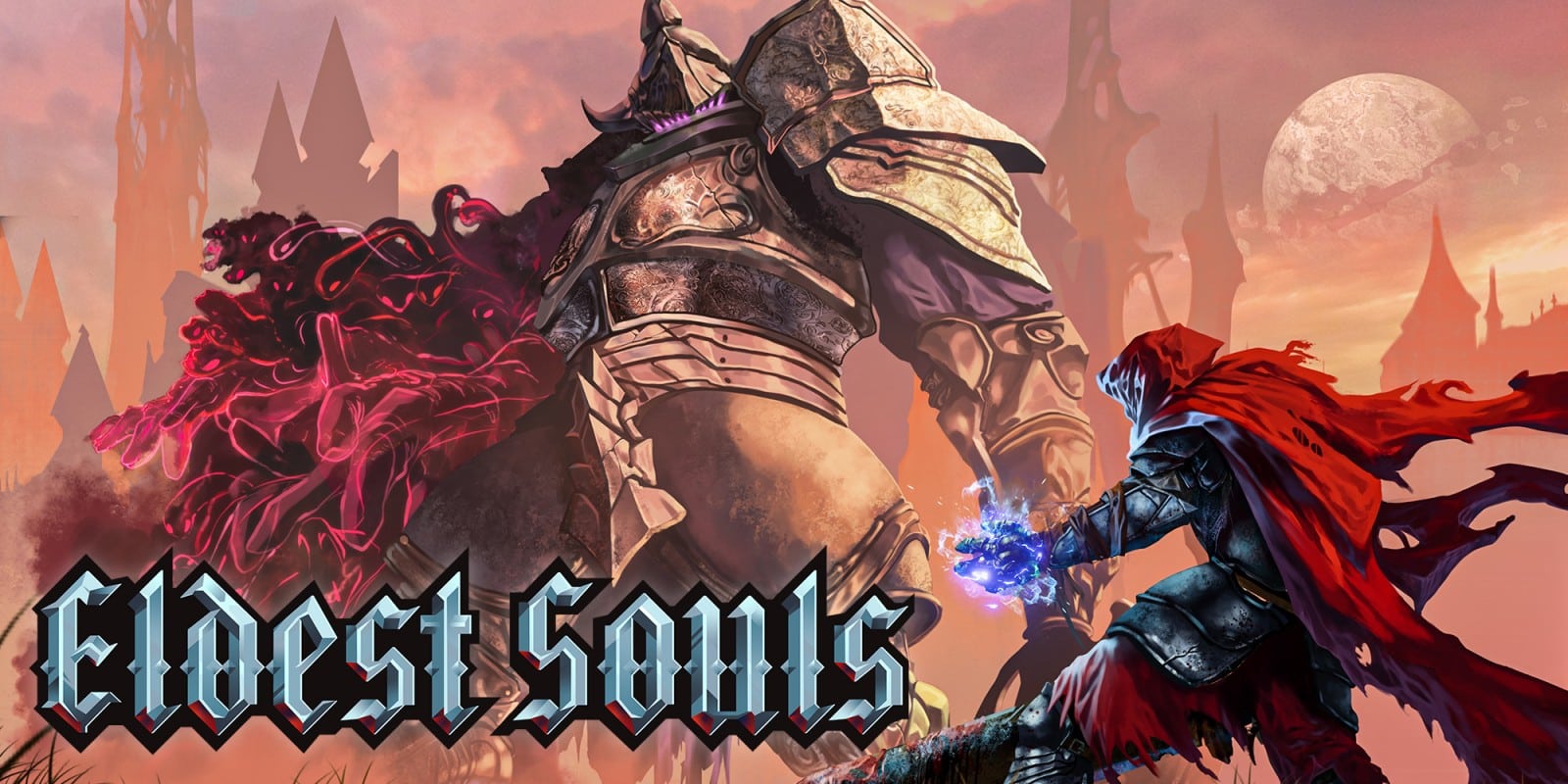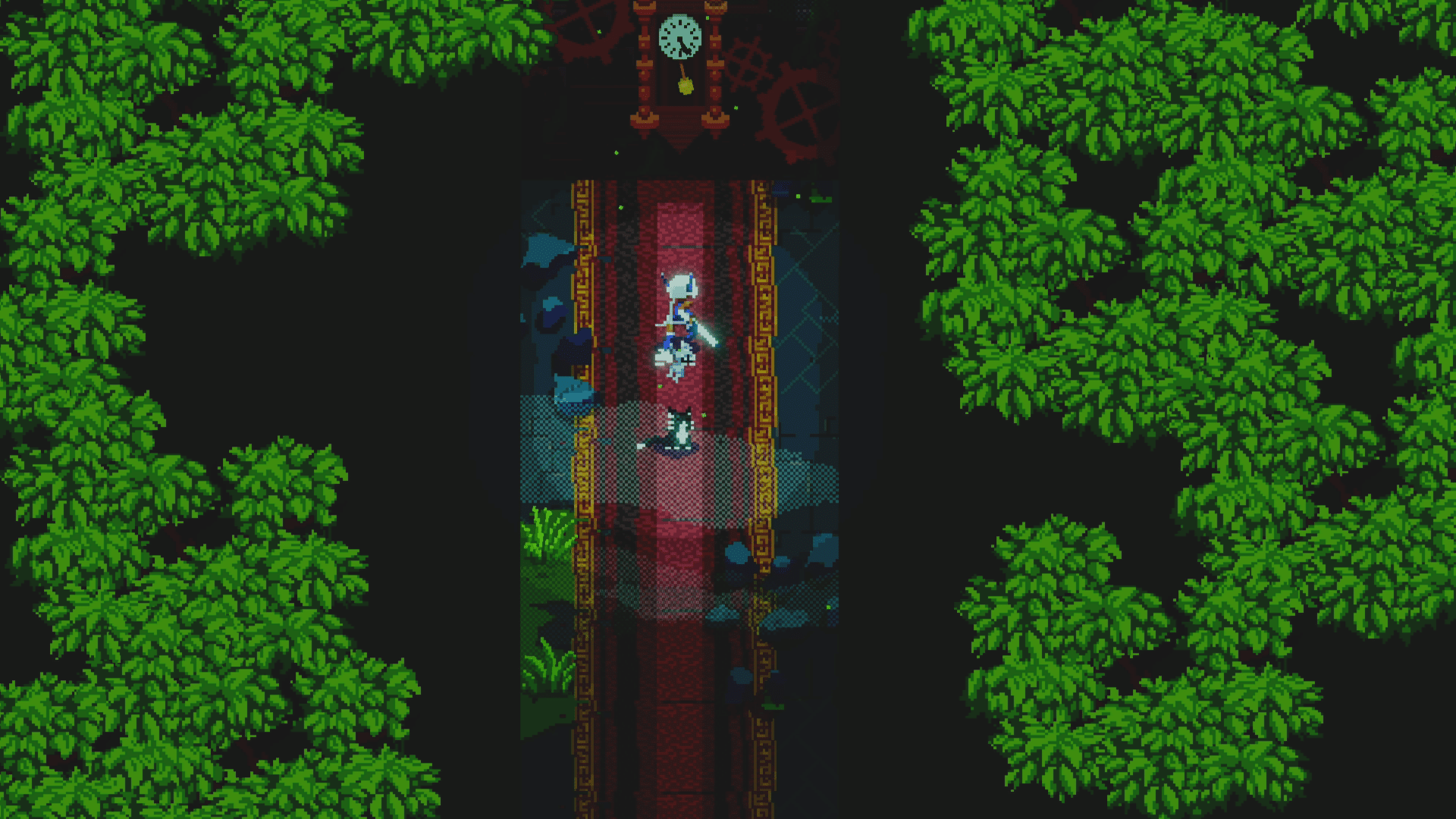In a recent interview with pcgamesn, former Dragon Age writer David Gaider has offered lots of insights on the venerable RPG series, from how it managed to evolve with each entry to EA’s apparent struggle with the direction of the franchise. He elaborated that a core part of each Dragon Age game was improving and addressing the drawbacks of their predecessor, which has lead to all the games being sort of like a reboot made with an entirely different style and gameplay themes.
“For the first three titles, I was there, and I understood the reasons behind all the changes – each time it was sort of an overcorrection for what we thought the problems were with the previous title, then it combined with various issues at the time that were specific within Bioware. Dragon Age 2 was the size it was because we had to fill a production slot before the fiscal year and because Star Wars: The Old Republic was sucking up so much cash from everything. Then, Inquisition was kind of a reaction to the fact that some fans were quite disappointed by Dragon Age 2 – although, as an aside, in many ways I think it’s one of the best titles in the series – but, regardless, we felt like we had something to answer for. I think, in many ways, Inquisition kind of yet again moved the barometer too far in that direction.
“So I kind of see Veilguard [as] more of that – it was answering what came before and kind of moving the barometer a bit too far in many ways, but it also had a lot of internal trouble within Bioware as well; they were at the merciless ends of it, from what I understand anyway.” He clarifies that “I’m an outsider now, so I only know part of it.

He also stated that he hasn’t played the latest installment of the series, Dragon Age: Veilguard yet.
“I still haven’t played [Veilguard] because it’s hard to see. I had a very personal relationship with Dragon Age and I chose to leave it, so I’m not blaming anyone or anything, but to see it sort of continue on without me and make different choices, there’s always that element in your head that’s like ‘is that what I would’ve done? Would it have been different if I’d stayed and been there and helmed the writing of it?’ Who knows, but it is still very, very difficult to see.”
Gaider also explained that EA has always preferred Mass Effect to Dragon Age, to an extent.
“In many ways, Dragon Age was, I think, not a good match for EA,” he tells me. “They never really knew what to make of it, or what to do with it. The expectation was always that it wouldn’t do well, and when it did do well, it took people by surprise. By comparison, Mass Effect was slick and it was action-driven and very much up EA’s alley, so they always expected that it should do better, and every time it didn’t, it got excuses like ‘oh they released in the wrong timeframe, or X, Y, and Z.’ The idea was that the potential for Mass Effect was more – it could get the action audience as well as the RPG audience. It wasn’t until Mass Effect 3 that they started to realize that ‘no, there’s an action RPG audience, like a crossover,’ but you don’t just get both audiences together.
“Even though Dragon Age only catered to the RPG audience – at least initially – [EA] kept wanting it to move into the action space as well – and maybe by Veilguard it has. I think their idea was that the ‘cap’ on the RPG audience was only so big,” he recalls. “Then Baldur’s Gate 3 comes along and proves no, it’s possible that if you lean into what a genre does really well, you can grow the audience, as it turns out.”
The full interview is filled with lots of interesting insights on the RPG series and many of the choices involved in the process. If you’re a fan of Dragon Age, you would love reading the interview in it’s entirety.















